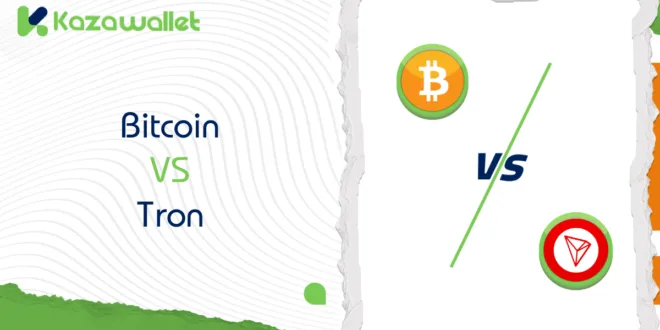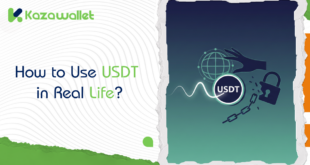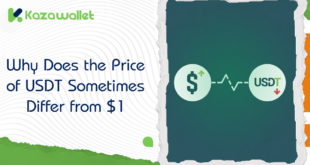Should you invest in Bitcoin (BTC), the leading global cryptocurrency, or is Tron (TRX), with its focus on decentralized content, bitcoin vs tron, which is the better choice?
Whereas Bitcoin is a symbol of a banking-free revolution in finance, Tron is betting on transforming the entertainment industry with the assistance of its smart platform.
But how do these two cryptocurrencies vary in purpose, technology, and risk? And is it safe to assume one is a better investment than the other? This post helps to outline the differences between Bitcoin and Tron so that you can decide which may be better suited to your strategy.
Note: This is not investment advice. Before investing in Bitcoin or Tron or any other cryptocurrency, you need to do your own research and understand the associated risks.
What is Bitcoin?
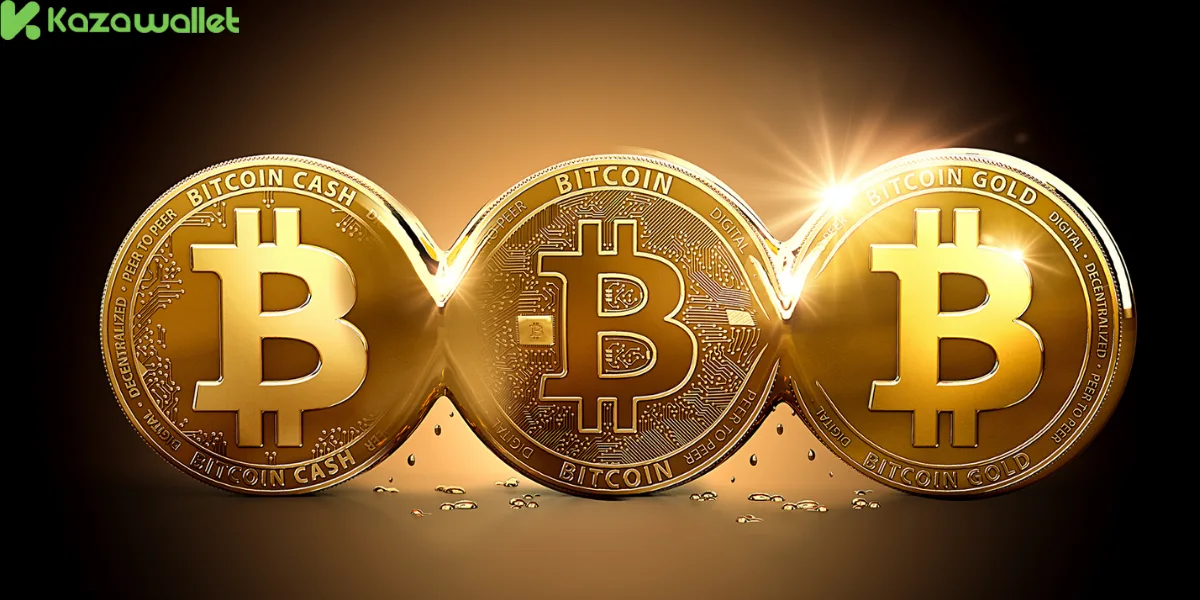
The initial decentralized digital currency, Bitcoin, was developed in 2009 by an unidentified individual or group, “Satoshi Nakamoto.” Bitcoin was designed to be an electronic cash system without the presence of a central intermediary, e.g., banks. Bitcoin utilizes Blockchain technology, an open and secure digital ledger to keep records of transactions.
The primary purpose of Bitcoin is to serve as an alternative to fiat, with an emphasis on privacy, security, and decentralization. Bitcoin is primarily used as a payment mode or store of value, especially with its finite supply of no more than 21 million units.
Bitcoin operates through a system called mining, where powerful computers solve complicated math problems to confirm transactions and add them to the blockchain ledger. Miners receive new Bitcoins as payment, gradually increasing the supply until they reach the maximum.
What is Tron (TRX)?

Tron, on the other hand, is a blockchain and cryptocurrency platform launched in 2017 by its founder, Justin Sun. Tron aims to create an open digital content and entertainment system in which creators can make content available directly to audiences without intermediaries.
Tron utilizes blockchain technology but is focused on supporting decentralized applications (dApps) as well as intelligent services. Tron’s token is called TRX and is primarily employed within the Tron system to facilitate payments and reward users.
Tron is looking to emancipate the entertainment industry from the stranglehold of large corporations including YouTube and Netflix, allowing content providers to monetize their content directly to consumers through the use of cryptocurrency. This reduces costs and increases creators’ income.
Buy TRON in Syria: A Complete Beginner’s Guide
Bitcoin vs Tron: Differences Between Bitcoin and Tron
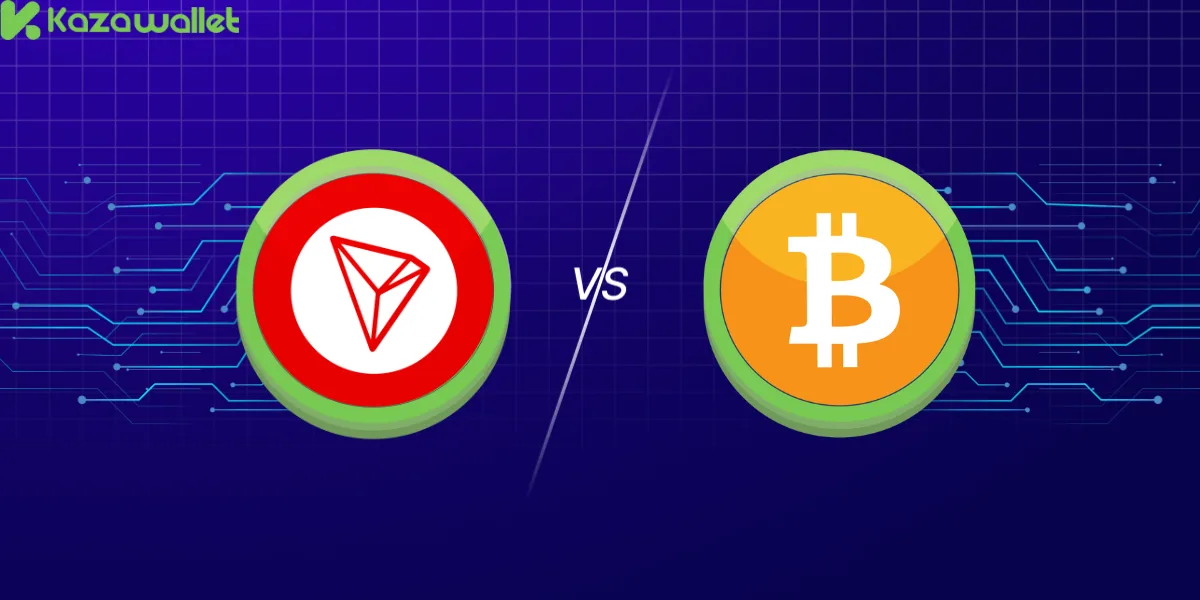
Whereas both cryptocurrencies are built on blockchain technology, there are differences between Bitcoin and Tron in several aspects:
Primary Purpose:
- Bitcoin: When we talk about bitcoin vs tron, we should mention that BTC was created as an alternative to traditional currencies, focusing on privacy, security, and freedom from the control of financial institutions. Bitcoin is considered “digital gold” due to its value as a store of wealth.
- Tron: Aims to create a decentralized platform for content and entertainment, where creators can interact directly with their audience without intermediaries. Tron is more geared towards practical applications rather than simply being a digital currency.
Stability:
- Bitcoin: Relatively more stable compared to many other cryptocurrencies, due to its seniority and wider adoption. However, Bitcoin remains susceptible to price fluctuations due to its speculative nature.
- Tron: Less stable due to its focus on the decentralized application market, making it more vulnerable to market fluctuations. Its reliance on the platform’s success makes it more sensitive to changes in the entertainment industry.
Technology:
- Bitcoin: Relies on relatively simple blockchain technology, primarily designed for recording financial transactions. Bitcoin’s blockchain is considered secure and reliable but is limited in its ability to support complex applications.
- Tron: Uses advanced blockchain technology supporting decentralized applications and smart contracts, making it more versatile in its use. Tron aims to be a comprehensive platform for developers and creators.
Supply:
- Bitcoin: When we talk about bitcoin vs tron, we should mention that BTC has a limited supply; no more than 21 million units can be mined. This limited supply contributes to its increasing value over time, especially with increased demand.
- Tron: There is no maximum supply for TRX, meaning it is susceptible to inflation over time. However, coins can be burned to reduce supply and increase value.
Usage:
- Bitcoin: Primarily used as a means of payment or a store of value. Many companies have started accepting Bitcoin as payment, but it remains limited compared to traditional currencies.
- Tron: Used within its platform to support decentralized applications, rewards, and smart services. Tron aims to be part of an integrated digital ecosystem.
Decentralization:
- Bitcoin: When we talk about bitcoin vs tron, we should mention that btc considered more decentralized, as no single entity controls it. The Bitcoin network relies on thousands of nodes spread across the globe.
- Tron: While decentralized, its founder, Justin Sun, plays a significant role in its direction, raising some questions about the degree of its decentralization.
Acceptance and Adoption:
- Bitcoin: Enjoys widespread acceptance and is the most well-known and widely adopted cryptocurrency. Many major financial institutions have begun treating Bitcoin as an investment asset.
- Tron: Less widespread than Bitcoin, but it is popular among developer and creator communities. Tron aims to increase its adoption through its practical applications.
Risks Associated with Bitcoin and Tron

Bitcoin Risks
- Volatility in prices: Bitcoin is known to have steep price fluctuations, and the price varies greatly in a short time. The price is highly volatile, and investment is risky and not appropriate for individuals looking for safe investments or with low-risk tolerance.
- Fraudulent Risks: The Bitcoin market is not immune to fraud. Investors are prone to being scammed by untrusted trading websites. Some websites display fake interfaces or fake coins, leading to heavy losses to unsuspecting investors. Thorough verification of the sites’ reputation is necessary before trading.
- Security Issues: Bitcoin is vulnerable to theft and hacking, especially if digital wallets are not protected. When a wallet is compromised or a private key is lost or stolen, stolen or lost funds are practically unrecoverable. Secure wallets like Kazawallet should be utilized to protect assets and minimize risk.
- Regulatory Environment: Bitcoin is in a highly volatile regulatory environment. Legal developments or government bans may affect its use and value as an investment or payment tool. Some countries may have tight restrictions, while others may have more liberal regulations, and so there is uncertainty with investors.
- Technical Flaws: Bitcoin is underpinned by blockchain technology, which may have technical deficiencies or security weaknesses. Hackers may take advantage of these weaknesses, leading to theft or disruption to the system. While constantly being upgraded, there are still technical threats.
- Influence of Global Events: Bitcoin is impacted by global economic and political activities. Economic crises, political statements, or even media announcements can lead to extreme price fluctuations. This makes it less stable compared to traditional assets like gold or fiat.
- Global Trends: In spite of the setbacks, some nations are embracing Bitcoin as a component of their monetary policies. For instance, Germany has started to accumulate Bitcoin reserves, with nations such as the United States, Russia, and Brazil contemplating the same. These measures indicate increasing acceptance of the value of cryptocurrencies within the international monetary system, and as such, they may enhance their prospects for the long run.
Tron (TRX) Risks:
- Smart Contract Risks: Smart contracts are the basis of DeFi protocols on the Tron blockchain. However, any error in code or security issue in these contracts can lead to huge losses to users. This is an actual risk, as any code error, no matter how insignificant, can be exploited by hackers or lead to the total failure of the entire system.
- Impermanent Loss: Liquidity providers on Tron DeFi sites are exposed to the threat of impermanent loss. Impermanent loss occurs when prices in a pool change. If you’ve invested in a pool that consists of two cryptocurrencies and one of them experiences a sharp price change relative to the other, your investment could be worth less than if you had invested in the individual assets.
- Price Volatility: Cryptocurrency volatility is a significant risk to users who participate in DeFi activities on Tron platforms. Sudden and extreme price fluctuations can lead to massive losses in a very short time. Users must be fully aware of price volatility risks before participating in any activity in cryptocurrency markets, and even more so in the DeFi ecosystem. Ignorance of such risks can lead to unexpected losses.
- Centralization Risk: Although Tron is a decentralized system based on blockchain, there is centralization in some aspects. This is problematic, as any tampering or hacking into the system will hurt all users and their assets. Relying on a single entity or organization to operate the system can negate the benefit of decentralization, an integral part of cryptocurrencies.
- Competition Risk: Tron is facing competition from other blockchains such as Ethereum, Solana, and Cardano. Loss of competitiveness, either technologically or through developer adoption, may lead to a decline in the usage and market capitalization of its TRX token.
There are services that can minimize the risk associated with working with Tron. One is the wallet, which provides an easy and secure means to buy, store, deposit, and withdraw cryptocurrencies like TRX. By utilizing reliable wallets like Kazawallet, users can avoid insecure or exposed sites, reducing the risk of losing their funds or being scammed.
Bitcoin vs Litecoin: Which is Better for Investment?
In the End
While there are many differences between Bitcoin and Tron, dissimilar in numerous aspects, they share certain risks as well. Bitcoin’s price may vary with every economic decline, and Tron may be impacted by volatility based on the performance of its platform.
The point is not to choose the “best” option, but to determine if you prefer to have a store of value in the long run or to be included in a new system of creativity?
And remember! The ease of using cryptocurrencies like Bitcoin, Tron, Solana, Binance, and others is being provided by Kazawallet. It enables the purchase, storage, deposit, and withdrawal of these coins in an easy and secure way, facilitating trading and transfers among cryptocurrencies.
 Blog Kazawallet
Blog Kazawallet
